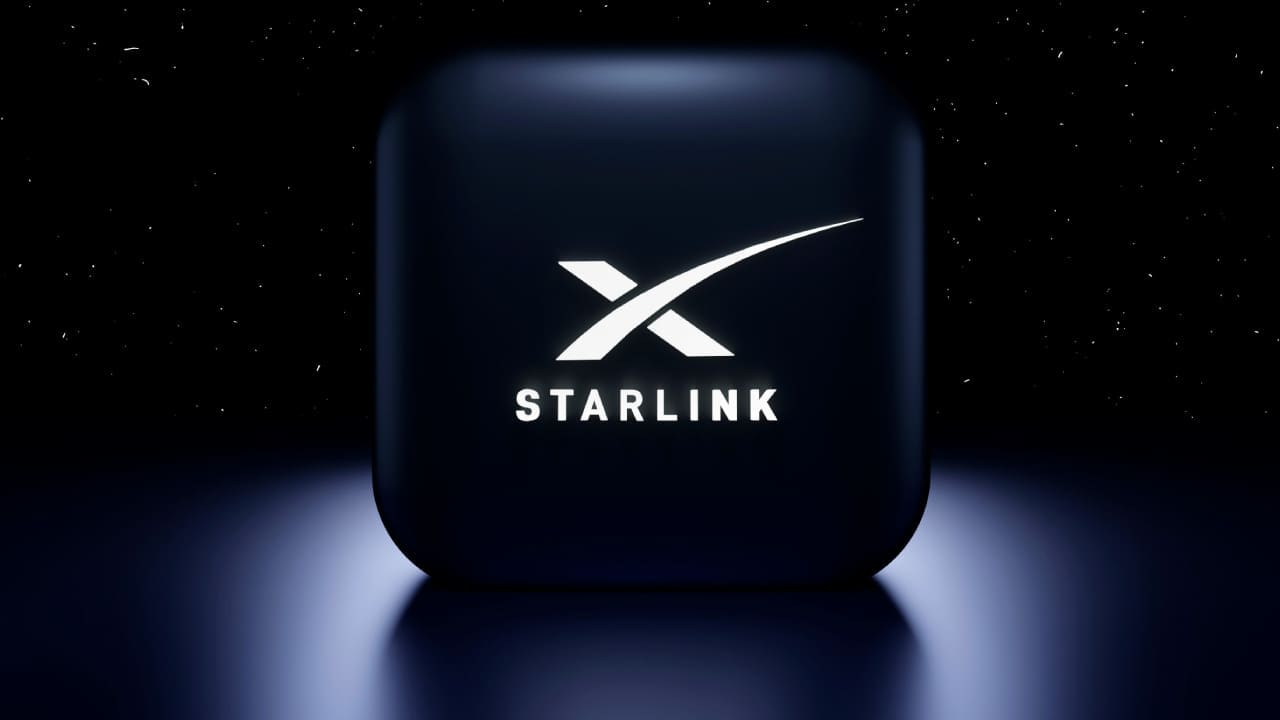- Starlink has retracted an incoming price hike in Nigeria after the state communication regulation warned it would impose sanctions.
- On 31st October Starlink would have significantly increased subscription prices for its offerings in the country, including roaming which would have gone from $30 to $100 a month.
- South Africa’s government is looking to bend regulations to get Starlink a local license.
Elon Musk-owned satellite internet company, Starlink, has reversed its decision to impose high price hikes in Nigeria after the state regulator threatened it would impose sanctions on the company it if went through with the increases.
In October, Starlink announced that it would be increasing its prices in the West African country significantly, doubling the standard subscription price for Starlink, and increasing the Starlink roaming package by 234 percent from $30 to $100 per month.
It said at the time that the increased prices were due to inflation. Nigeria’s ongoing economic crisis, exacerbated by inflation, has seen its local currency the Naira tank. However, the company also increased its prices in Botswana recently as well, and at similar levels to the hike in Nigeria.
The new rates would have taken effect from 31st October 2024.
According to a report from TechCabal, the Nigerian Communications Commission (NCC) said that it did not issue approval to Starlink to increase its subscription prices in the country. The regulator has pricing guidelines for local internet service providers (ISPs) and has previously blocked requests to increase prices from several of these companies as well.
The NCC told the publication that Starlink hiking the fees contravened “Sections 108 and 111 of the Nigerian Communications Act (NCA), 2003, and Starlink’s Licence Conditions regarding tariffs.” The regulator asked Starlink to reverse the hike or it would impose sanctions on the American firm.
South Africa rushing to get Starlink locally
Earlier this month, Digital Technologies Minister Solly Malatsi wrote to South Africa’s own communication regulator ICASA to detail plans from his department to “expand access to broadband internet to poor South Africans.”
It would do that by introducing new policies that international companies would not necessarily have to comply with equity ownership requirements, that a certain percentage of its executives have to be Black in order for the company to operate in South Africa.
This was after reports emerged that Malatsi was meeting with Starlink executives in September and that the company was not able to receive a license locally because of the equity requirement.
“First, we need to lower regulatory hurdles to invest in cheap, reliable broadband,” said the minister in an announcement about the policy changes.

